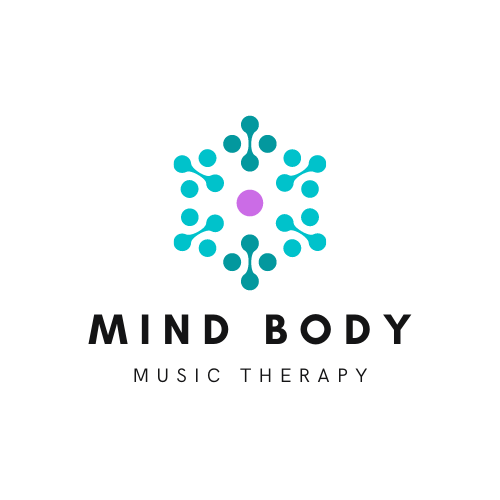
Using music for chronic pain
Chronic pain can be debilitating, affecting every aspect of life. While medication and physical therapy can provide some relief, it’s not always enough. Also, these approaches often overlook the emotional and social impact of pain on people’s lives. Music therapy offers a holistic approach to supporting people with chronic pain, offering an accessible way to gain some control and connect with others.
Understanding Music Therapy for chronic pain
Music therapy involves using music to achieve therapeutic goals. Through a supportive therapeutic relationship with a Registered Music Therapist, clients are empowered to use music to improve your mental, physical, and emotional well-being. For people living with chronic pain, music can reduce the perception of pain, enhance mood, and improve overall quality of life.
How Does Music Therapy help with pain?
Music helps to relieve chronic pain by engaging the brain’s reward system. Listening to music releases endorphins and dopamine, the body’s natural painkillers and mood enhancers. Music can also provide an enjoyable focus away from pain, providing a mental escape and experience of flow and ease.
Research shows that different types of music can have varying effects on pain levels. Slow, soothing music can help with relaxation and reduce stress, which is often a significant factor in chronic pain. Upbeat, rhythmic music can boost energy levels and improve motivation, making it easier for people to engage in physical activities. Music therapy is often incorporated as a supportive treatment for pain in hospital settings, and there is a growing body of research to show its helpful effects for people living in the community.
Benefits of Using Music for Chronic Pain
- Non-Invasive and Drug-Free: Unlike medications, music therapy has no side effects and can be a safe complement to other treatments.
- Mood Enhancement: Living with chronic pain can be stressful and upsetting. Working with a music therapist can help you reconnect with things you enjoy, and help improve your mood and sense of wellbeing.
- Improved Sleep: Many people with chronic pain struggle with sleep. Music therapy can help with relaxation and improve your sleep quality.
- Enhanced Coping Skills: Music therapy empowers clients to use music as a tool for managing pain and energy levels, and this helps support coping and confidence.
Getting Started with Music for Pain
Music therapy offers a gentle and uplifting way to manage chronic pain, providing relief and improving quality of life. To incorporate music into your pain management routine, you can:
- Consult a professional: Connect with a Registered Music Therapist for personalised support for your specific needs and preferences.
- Create a supportive playlist: Put together a selection of music that you find soothing and uplifting. Experiment with different genres to discover what works best for you.
- Integrate music into your daily routine: Use music during everyday activities like exercise, relaxation, or before sleep to maximise its benefits.
Get support for chronic pain
As a Registered Music Therapist working in private practice and some of Australia’s best cancer hospitals, I’m experienced in providing physical and emotional support for people living with chronic pain. To find out how I can help you, please get in touch for a free 15-minute consultation.




